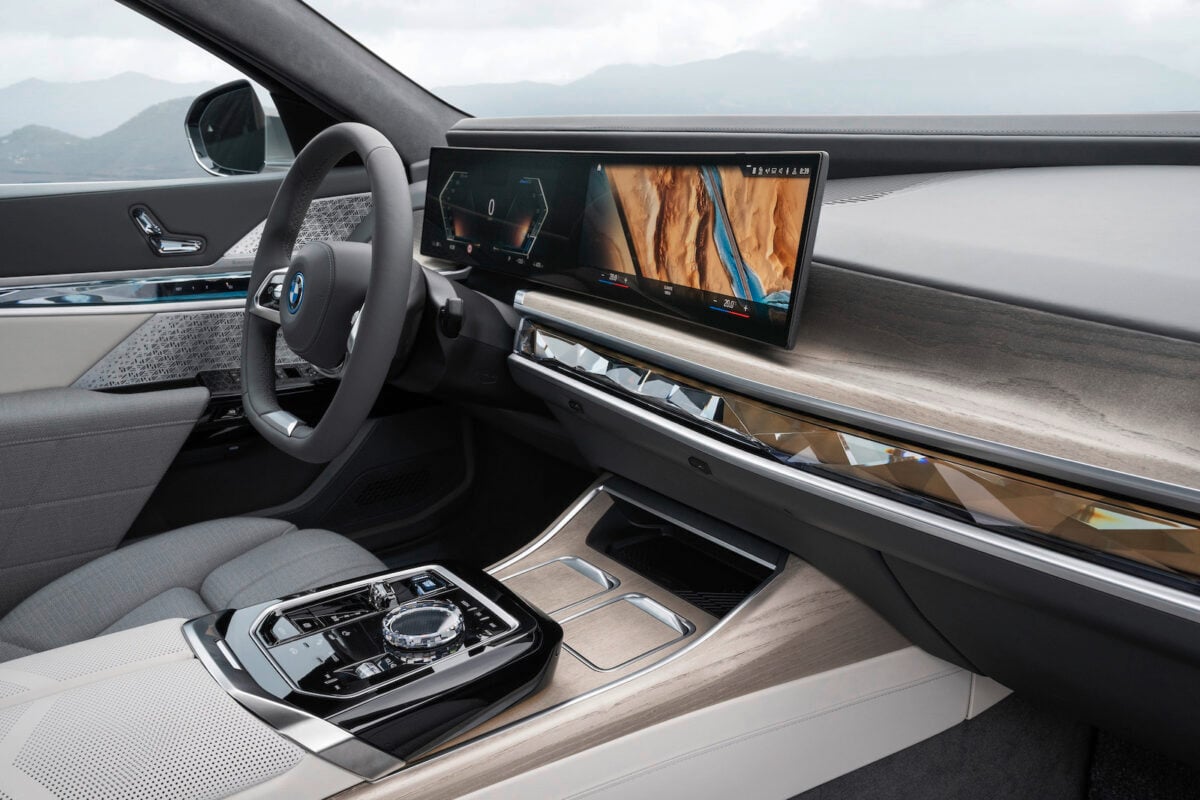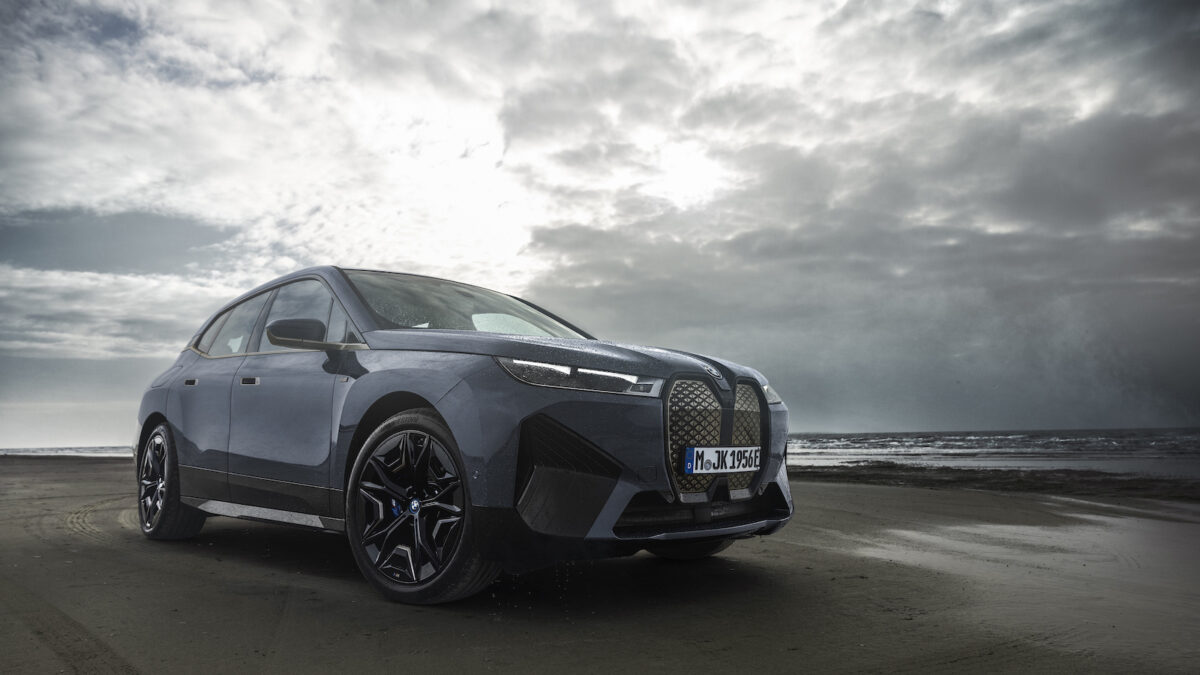The following article was produced in partnership with BMW.

In 2022, the car industry is at a crossroads. With the impacts of climate change being felt more and more every day, both new cars themselves as well as the processes by which they’re made both desperately need to become more efficient and better for the environment.
Yet this need for cars to be more eco-friendly is also an amazing challenge; an opportunity. It’s forcing the best and brightest car makers to be more innovative and dynamic, and is helping create some of the most exciting cars we’ve seen in decades… And BMW is at the forefront of this eco-friendly wave.
BMW was one of the first major car manufacturers to get on board with electric vehicles and remains a leader in the EV space to this day. For instance, the BMW i3 remains one of the best-selling EVs of all time, and the BMW i8 helped change the popular conception of what an electric car could be.
Now in 2022, the BMW Group has one of the largest electrified model ranges in the entire car industry, from the feisty MINI Electric Hatch to the luxurious BMW iX. There are even more exciting EVs on the way from the group, like the BMW XM (the first ground-up M car since the iconic M1 in 1978) and Rolls-Royce Spectre (Rolls-Royce’s first-ever electric car) that are both currently in development.
We’re personally looking forward to the arrival of the BMW i7, the first-ever all-electric 7 Series which is set to be one of the most luxurious electric cars to date.

BMW’s electric cars aren’t just efficient and high-tech, but they’re also exceptionally sporty and fun to drive. They prove that choosing an electric car means you don’t have to compromise, far from it: they’re still ‘Ultimate Driving Machines’.
But simply making electric cars is not enough. Electric cars might pollute less than traditional internal combustion engines but their production process is not without its own impacts; its own challenges. Car companies can’t just punt out EVs and say that doing that alone is saving the planet.
That’s why BMW’s mission – that the greenest electric car will be produced by BMW – isn’t just about the sustainability of their cars, but of the entire manufacturing process.
“Our mission: the GREENEST ELECTRIC CAR will be made by BMW. We are reducing CO₂ emissions per vehicle over the entire value chain. This is what sets the BMW Group apart.”
Oliver Zipse, Chairman of the Board of Management, BMW AG
Case in point: for cars to be fast and/or efficient, they need to be light. To that end, BMW uses a lot of aluminium in their modern cars. Almost half of all the aluminium used in their Landshut plant, their largest components factory, is produced with green energy, which is saving almost 2.5 million tonnes of CO2 emissions over the next ten years.
BMW’s vehicles also utilise a wide variety of renewable raw materials and natural fibres such as hemp, kenaf and flax, which are not only better for the planet as they capture CO2, but also reduce a vehicle’s weight. Aluminium and renewable materials are just two examples of areas in which BMW is innovating to make the entire production process of a car better for the planet.

Some other examples: they’ve invented a closed-loop material cycle for the tungsten used in tools in their German and Austrian factories. They source sustainable cobalt and lithium for their batteries from Australia and Morocco, so as to not to contribute to ‘conflict materials’. Since 2021, all BMW sites have been net CO2-neutral via offsets.
They’ve also developed a novel process to recover more than 90% of the material from high-voltage batteries, with BMW operating over 3,000 collection points worldwide for the recycling of end-of-life vehicles – incredibly important going forward as more and more cars are battery-powered.
BMW’s commitment to sustainability and innovation can be seen in every part of the car-making process. Again, it’s not just good enough to make electric cars – it’s how you make electric cars that makes all the difference.
And that’s where BMW really shines. From city-dwelling crossover SUVs like the MINI Countryman Hybrid to sleek sports sedans like the BMW i4, all of BMW Group’s vehicles are made in innovative, sustainable ways – whilst also standing out as some of the best vehicles in their class – electrified or otherwise – when it comes to luxury, practicality and performance.
A better future doesn’t have to mean a boring future. Far from it.
Discover more about BMW’s sustainability initiatives as well as its diverse and exciting range of electric vehicles at their online showroom here.
